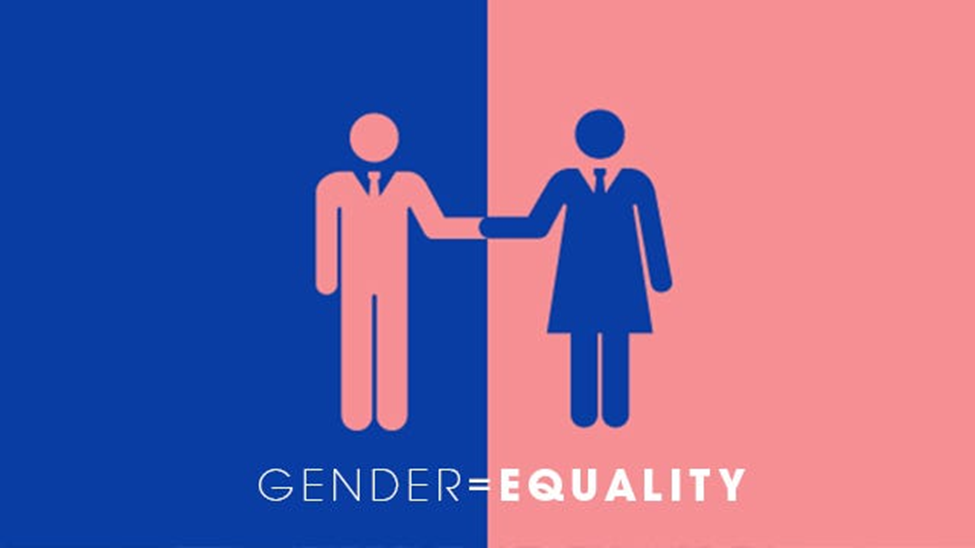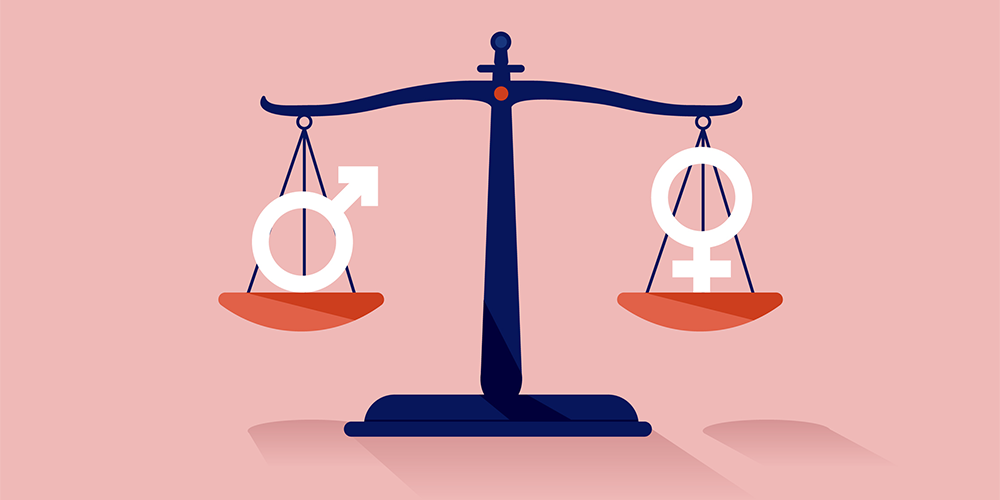Context
In the pursuit of global development, equality and inclusion stand as fundamental pillars, essential for fostering prosperous and sustainable societies. India, with its unwavering commitment to these principles, has showcased leadership on the international stage. The New Delhi Leaders’ Declaration, adopted during India’s presidency at the G-20, underscores this dedication by emphasizing inclusion across various focus areas such as socio-economic empowerment, bridging the digital divide, driving climate action, and ensuring food security and health. At the World Economic Forum earlier this year, India further solidified its stance on gender equity by launching the 'Alliance for Global Good – Gender Equity and Equality,' a landmark multi-stakeholder initiative aimed at accelerating socio-economic progress with a global impact.

Bolstering Governance
Mainstreaming gender equality has been a pivotal aspect of India's developmental agenda for over a decade. Notably, the passage of the Women’s Reservation Bill, ensuring a third of parliamentary and state assembly seats for women, marks a revolutionary step towards women’s empowerment and improved governance processes. Moreover, substantial allocations, amounting to nearly $27 billion under the gender budget for 2023-24, underscore the government's commitment to advancing women-led development initiatives. Encouragingly, India has witnessed a notable increase in female labor force participation, rising from 23.3% in 2017-18 to 37% in 2022-23, as per data from the Periodic Labour Force Surveys. Furthermore, female enrollment in higher education has surged by 28% over the past decade, with women constituting a significant 43% share in STEM courses, positioning India as a leader in female education enrollment globally. Additionally, the active participation of over nine crore women in 83 lakh self-help groups in rural India reflects tangible progress in enhancing socio-economic conditions across rural communities.
An Indian Contribution at Davos
India's successes in various spheres, from space exploration to sports and entrepreneurship, have garnered global recognition and admiration. At the World Economic Forum in Davos, the We-Lead Lounge, organized by the Ministry of Women and Child Development and the Confederation of Indian Industry, served as a vibrant platform for meaningful discussions on inclusive development. The launch of the Alliance for Global Good – Gender Equity and Equality at this prestigious event further underscores India's commitment to driving global change. Anchored by the CII Centre for Women Leadership and guided by the Minister of Women and Child Development, this alliance, supported by the Bill and Melinda Gates Foundation, aims to mobilize a global network of experts, industry leaders, and policymakers to advance women's empowerment on a global scale. The partnership with the World Economic Forum amplifies the alliance's reach and reinforces the global resolve towards inclusive growth.
Driving Collective Action
The Alliance for Global Good – Gender Equity and Equality aims to catalyze collective action in key areas such as ed-tech, medical capacity building, skill development, agrotech, and women's enterprise development. Leveraging India's expertise as the "pharmacy of the world" and its digital prowess, the alliance seeks to develop scalable solutions for advancing women-led development initiatives. By fostering partnerships and sharing best practices, the alliance endeavors to make inclusion a central tenet of the global business conversation. It presents a unique opportunity for industries worldwide to invest in proven programs, facilitate their scaling, and collaborate with the global community to enhance women's engagement and leadership across economies. Through increased access to healthcare, education, and economic opportunities, the alliance aims to address systemic barriers and promote gender equality on a comprehensive scale.
Conclusion
India's unwavering commitment to fostering gender equity and equality has culminated in the launch of the Alliance for Global Good – Gender Equity and Equality, a groundbreaking initiative poised to drive transformative change on a global scale. With a focus on collaborative action and leveraging India's leadership in various domains, the alliance seeks to address systemic challenges and empower women across socio-economic spheres. As the world strives towards a future of inclusivity and equity, this alliance stands as a testament to India's dedication to the principles of Vasudhaiva Kutumbakam – One Earth, One Family, One Future. By embracing diversity and collective action, the alliance heralds a new era of progress and prosperity, where gender equality is not just an aspiration but a tangible reality for all.
|
Probable Questions for UPSC Mains Exam
|
Source – The Hindu







